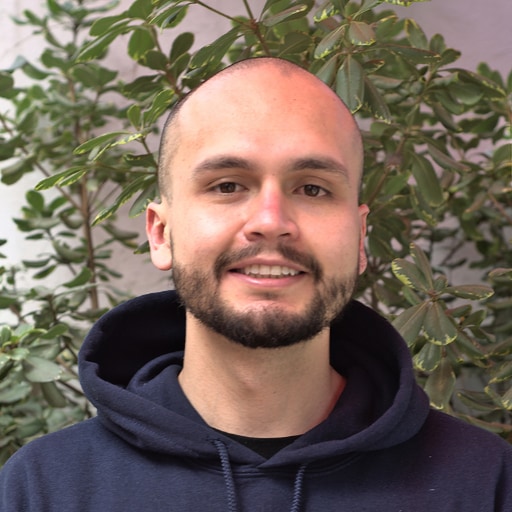Insights
Do you wonder what life will be like when we live among the stars?
2 min read. Camilo Nova
Camilo Nova
Camilo Nova
CEOWhen you look at the night sky, do you wonder what life will be like when we live among the stars?
I do.
I dream about how people will get things done in the future. Today, some people work from the same office, others across multiple cities, even different countries—and soon, from another planet. It’s hard to believe, but it will happen sooner than you think. No matter where we are, working with others gives us purpose.
Soon, we’ll discover new ways to work over long distances—becoming more productive, creative, and cooperative than ever before. Using tools to eliminate busywork—tasks machines can do much faster than we can.
As we expand into space, the number of products and services will grow dramatically. That requires businesses to adapt tools to support our scale. At the core of this transformation is AI. Think of Autonomous Agents managing information, processes, and people across multiple locations—on an ever-expanding scale.
Picture this: multi-planetary companies. People getting things done anywhere.
The current volume of information and processes is overwhelming. Scaling for the future is a unique challenge for humanity. Coordinating teams, managing data, and working across different locations is painful for many organizations—and it’s getting worse by the day.
We are constantly in danger of busywork—like moving information between tools or dealing with repetitive tasks. We’re too busy to make progress. To move faster, we need custom tools built to our specific needs. These tools get our time back by enabling easy collaboration, increasing speed, and managing complexity.
This new era of productivity, powered by human creativity, won’t just transform organizations—it will redefine work itself. When everyday tasks are handled by machines, our attention will focus on big ideas, creative solutions, and deep exploration.
But this shift is about more than technology. It’s about moving society toward a future of abundance—opening new opportunities, meaningful jobs, and experiences that make life worthwhile.
Romans built their roads centuries ago—we still use them today. One of the few known builders from that era was Vitruvius, a Roman architect and engineer who believed that anything built to endure must follow three principles: firmitas, utilitas, and venustas—strength, utility, and beauty. He wasn’t just laying bricks; he was thinking about how structures could serve people for generations. His mindset shaped how Romans built everything—from aqueducts to roads—with care, precision, and a deep respect for legacy. That same philosophy drives us today. We're not building for now—we’re building for what comes next.
The Internet is our modern road system—but slow, clunky, and insecure software is holding us back. To scale human potential, we need tools built to empower people to get work done from anywhere. That’s our purpose at Axiacore: building fast, secure, and beautiful products to get things done anywhere.
Building is the ultimate legacy.
Written by Camilo Nova
 Camilo Nova
Camilo Nova
Axiacore CEO. Camilo writes on the intersection of technology, design, and business.

